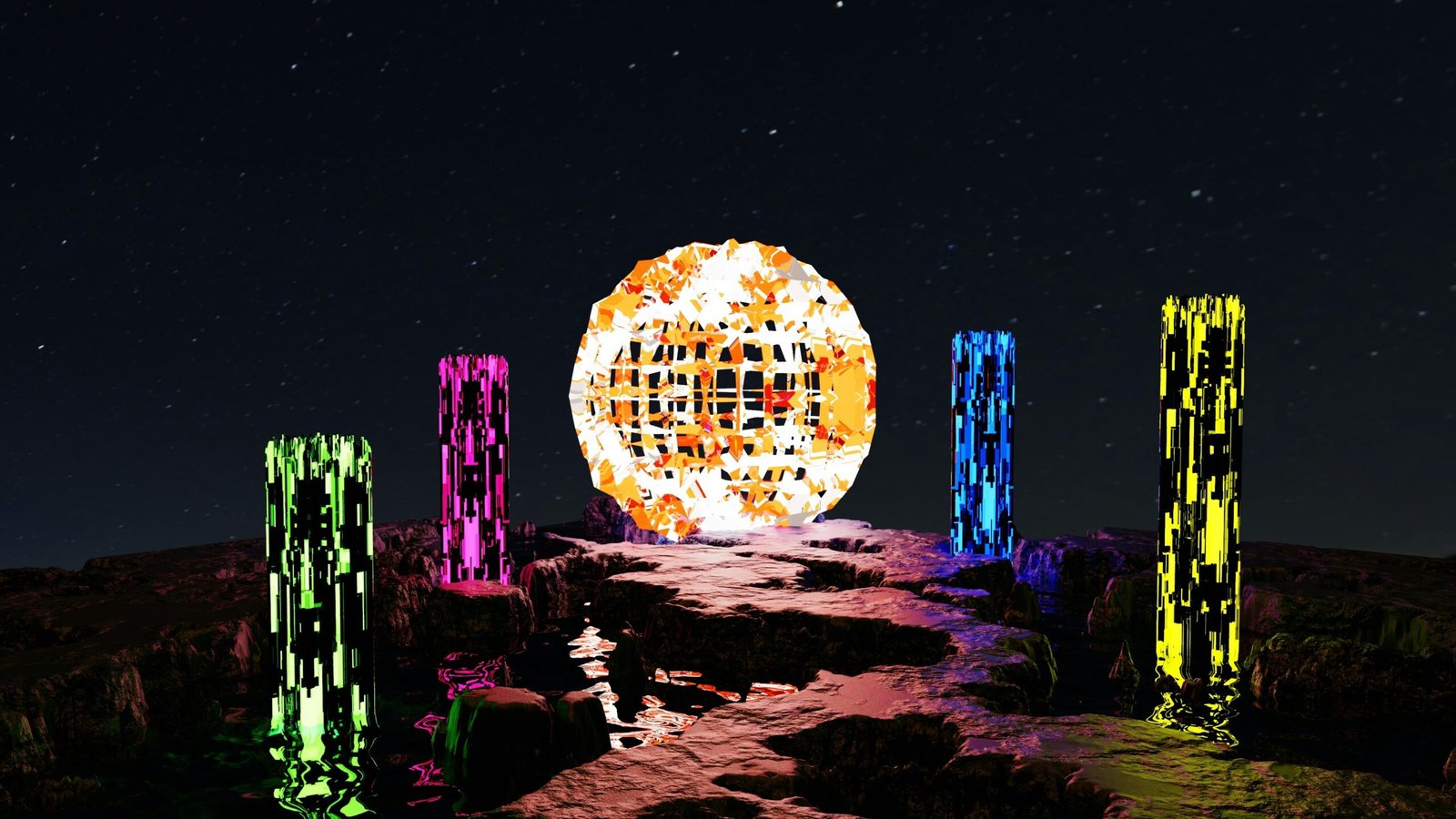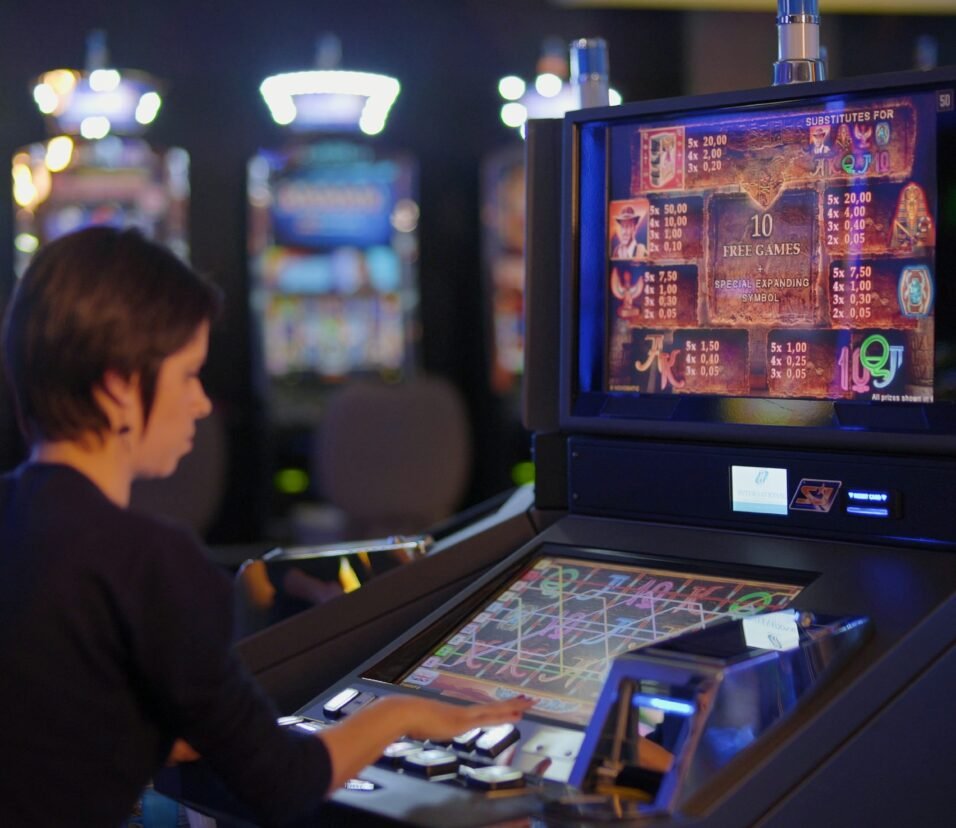User-Created Worlds: UGC’s Rise from Minecraft to Fortnite
From pixelated blocks to photorealistic battle islands, the rise of user-generated content (UGC) has redefined what it means to “play” a game. Today’s players are also the developers—and their worlds are shaping the future of gaming.
🎮 What Is UGC in Gaming?
User-generated content (UGC) refers to any in-game content—maps, modes, cosmetics, stories, even mechanics—created by players, not developers.
UGC can include:
- Custom maps or levels
- Skins and character models
- Game modes or rule systems
- Entirely new games built within a host engine
🧱 UGC Origins: The Minecraft Revolution
When Minecraft launched in 2009, it didn’t just popularize sandbox survival—it gave players:
- Tools to build literally anything
- A global canvas for creativity
- A social space for shared expression
Why Minecraft changed everything:
- It blurred the line between playing and building
- It normalized modding for kids and casual players
- It became a creative economy before the term existed
🔥 Fortnite Creative Mode & UEFN: UGC 2.0
Epic Games’ Fortnite Creative (and now UEFN – Unreal Editor for Fortnite) has transformed Fortnite into:
- A sandbox engine
- A multiplayer publishing platform
- A money-making toolkit
In 2025:
- Over 50% of Fortnite player time is spent in UGC islands
- Creators are earning millions annually from discoverable, monetized maps
- Epic’s Creator Economy 2.0 pays based on engagement metrics (not just views)
🛠️ Top Platforms Driving UGC in 2025
| Platform | UGC Tools | Monetization? | Key Audience |
|---|---|---|---|
| Minecraft | Command blocks, Redstone, mods | Marketplace for skins/worlds | All ages |
| Roblox | Roblox Studio, Lua scripting | DevEx payout system | Gen Z & tweens |
| Fortnite (UEFN) | Unreal-level tools, Verse scripting | Engagement payouts | Teens & core gamers |
| Dreams (PS4/5) | Full game creation engine | Limited monetization | Indie creators |
| Core | Unity-style tools + multiplayer templates | Revenue share | PC players |
🧠 Why UGC Is So Powerful
1. Endless Content
Always something new to play—without dev studio bottlenecks.
2. Cultural Relevance
Players recreate memes, trends, or real-world locations faster than AAA studios.
3. Personal Expression
Build your dream game, world, or avatar—no coding degree needed.
4. Career Pathways
Many UGC creators go pro, joining studios or launching indie titles.
5. Community Engagement
Games feel more alive when the community builds its own content.
💸 The Creator Economy Inside Games
UGC is now a full-time job for thousands of people.
| Creator Type | Monetization Stream |
|---|---|
| 🧑🎨 Map Designer | In-game currency, revenue share, tips |
| 🎭 Roleplay Server Host | Donations, subscriptions, paid perks |
| 🎮 Mod Developer | Patreon, sponsorships, or game studio hiring |
| 📈 Influencer-Creator | Monetized content + playable experiences |
🧩 UGC Meets AI in 2025
AI is supercharging UGC by removing complexity:
- Prompt-based building: “Make me a sci-fi base with lava traps” → auto-generated level
- LLM-powered scripting: No code? No problem. AI writes logic for game rules and behaviors.
- AI NPCs: Talk to quest-givers created by other players with natural conversation
- Generative art: Custom textures, music, and voiceovers created instantly
📈 UGC by the Numbers (2025)
- Roblox: 70M+ daily active users; 2M+ creators
- Fortnite Creative: $1B+ projected annual revenue from UGC maps
- Minecraft: 500M+ downloads of player-created content
- Dreams: 160K+ creations; award-winning UGC games
- Core & Crayta: Growing metaverse-style economies
⚠️ Challenges in the UGC Space
| Challenge | Impact |
|---|---|
| 🛡️ IP & Moderation | Player-made content can break copyright or platform rules |
| 💰 Creator Fairness | Revenue models vary widely—some underpay or lack transparency |
| 📉 Discovery Problems | Great content often gets buried under noise |
| 🤖 Low-Quality Spam | AI makes it easier to flood platforms with cloned or poor content |
| 🧑⚖️ Content Curation | Striking balance between freedom and platform integrity |
🔮 What’s Next for UGC?
- Cross-Platform UGC
Share a map across Roblox, Fortnite, and Unity—seamlessly. - AAA-UGC Hybrid Games
Games that ship with dev-built content, then evolve via community mods. - Dynamic Co-Creation
Real-time multiplayer world editing (like Figma, but for game design). - UGC x Blockchain
Ownable, tradable UGC assets with verified creator history. - Creator Guilds
Teams of creators becoming micro-studios inside platforms—competing and collaborating.
✅ TL;DR – UGC in 2025
| Feature | What’s Happening |
|---|---|
| Players as Creators | More tools, fewer barriers, bigger earnings |
| Platforms as Engines | Roblox, UEFN, Minecraft dominate UGC space |
| AI Integration | Prompt-driven content generation, smarter NPCs |
| Monetization | Creator payouts now central to platform economies |
| Cultural Power | From TikTok trends to full-blown UGC games |
🎯 Final Thoughts: Everyone’s a Game Dev Now
User-generated content isn’t a mode—it’s the future of digital creation.
And in the new era of gaming, every player is also a maker.








